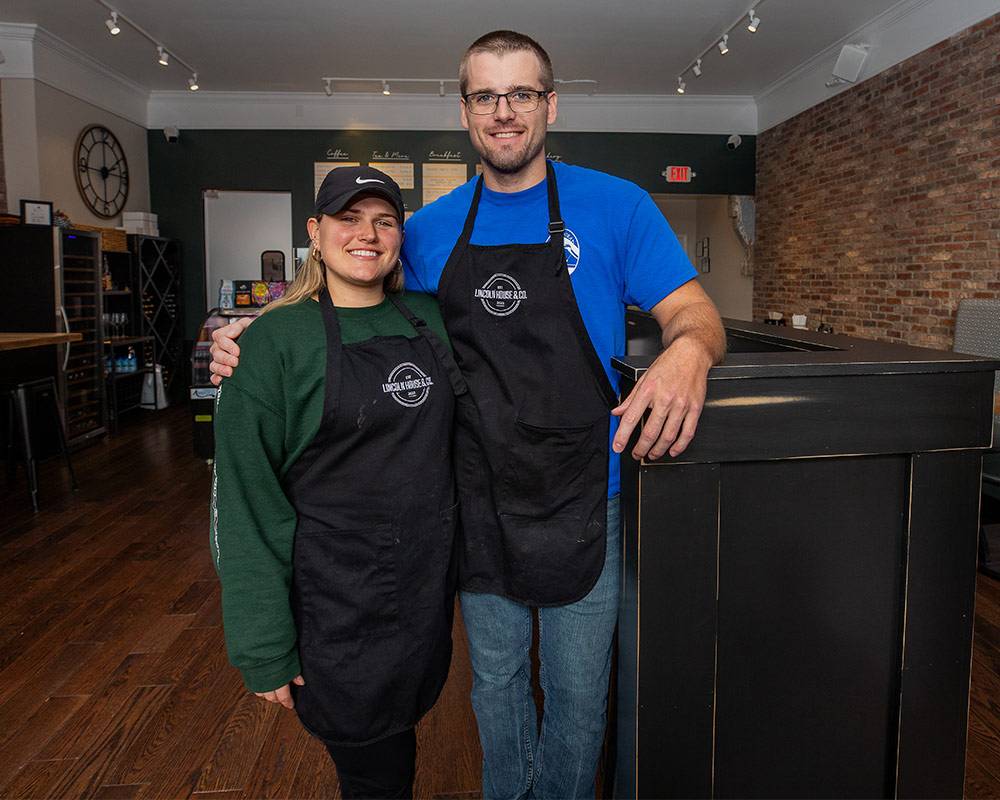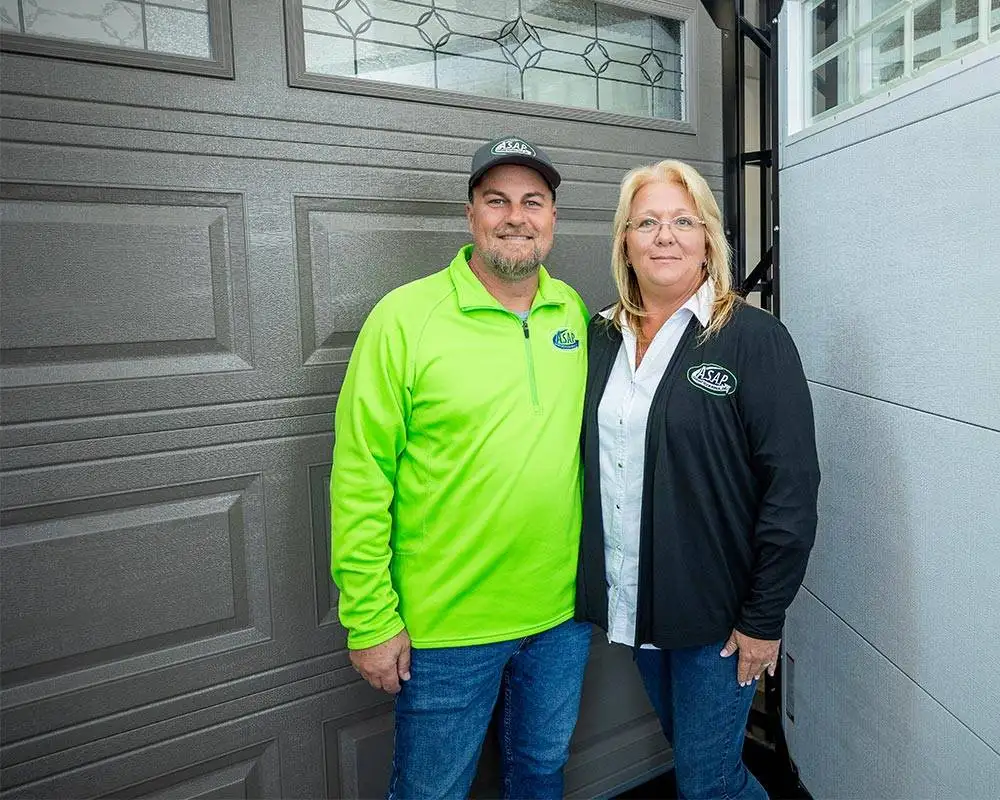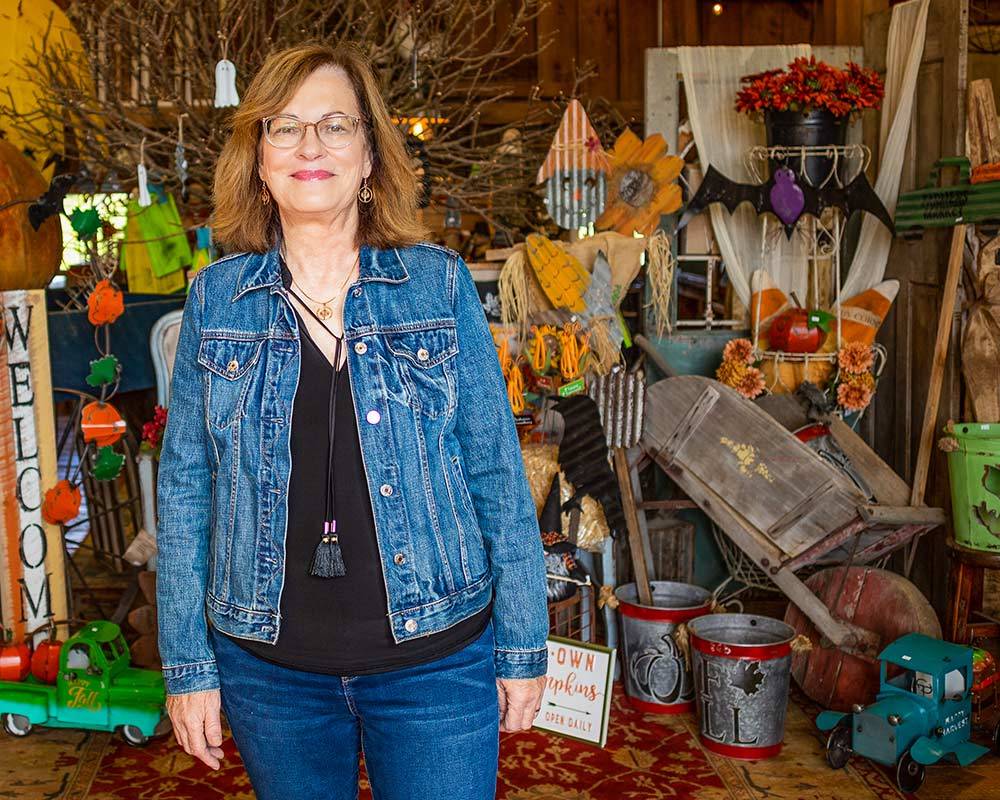Meet a financial adviser who used her wide experiences to get away from the desk and in front of the clients. Discover how this number-cruncher found success by following her passions.

Patricia A. Kinnare-Musachio has always been a numbers person.
“They’ve always come easy to me,” she says.
So, it’s really not a surprise that the Lake in the Hills resident has devoted her professional career to helping other people manage their money. Kinnare-Musachio is a financial adviser for Kinnare & Associates Financial Consultants LLC, 1701 E. Woodfield Road, Schaumburg.
Born and raised in Oak Park as one of six children, Kinnare-Musachio started out in accounting, but switched gears after deciding she didn’t enjoy sitting behind a desk and crunching numbers. Instead, she earned a degree in business administration from Northern Illinois University in DeKalb. “I flourished,” she says. “I found that I loved the economics and the entrepreneurial side of working in business.”
Following graduation, Kinnare-Musachio went to work for a company that sold equipment to financial institutions. “I got to know the backroom operations of how banks and brokerage firms worked, but the job required too much travel, so I went to work in the trust department of a regional bank,” she says. Following yet another bank merger, however, she decided to obtain a financial planning certification and became a financial adviser in 1989.
“I wanted to understand how all the pieces fit together,” Kinnare-Musachio says. “I had my banking background, and then I learned the insurance and securities piece. My No. 1 decision was that I didn’t want to work behind the scenes. I wanted to be on the front lines, working with people face to face. That’s what led me to be an adviser.”
Kinnare-Musachio is widely trained in banking, insurance and securities, which gives her a unique perspective on income assets. Ten years ago, her firm joined LPL Financial, the largest independent firm in the country, which supports more than 13,000 independent and registered investment advisers through independent research, state-of-the art technology and a variety of investment tools. Kinnare-Musachio had offices in Oak Brook and Glen Ellyn before moving to her current location, which gives her better access to clients. She has a staff of three.
To be a good financial adviser, Kinnare-Musachio says, one must be a good listener, able to articulate information in an
effective manner.
“The biggest thing I can offer people is objectivity,” she says. “I don’t tell clients what to do. I can make suggestions, offer new thoughts and ideas, and have good conversations with my clients. But I’m not making decisions for them. Objective advice isn’t about what product your clients should buy. It’s about creating a vision of where they want to go.”
The majority of her clients range between the ages of 45 and 80, and most of her business comes by referral. Her client base is spread out between Chicago, the suburbs, southern Wisconsin and Indiana.
When she first started in the business, Kinnare-Musachio worked as a general adviser, helping clients with budgeting, saving, investing and paying off debt. Over the years, she narrowed her scope of services to primarily investment planning and portfolios.
“Advisers need to be more focused, because the average person only has a 401(k),” she says. “They don’t have a pension, health care benefits or any other benefits. A 401(k) gives an average person a lump sum of money, but they don’t always know what to do with it.
“They think because they have a 401(k) that they don’t need any advice. They go online to find some computerized program, and that’s a big mistake. Every household needs a personal plan. The most important aspect of having an adviser is objectivity. A well-trained adviser is going to know many areas for money movement. Some professionals, for example, tend to be articulate people, but they don’t necessarily understand how to handle their assets. They make mistakes. They’re not trained in the movement of money – banking, when to borrow, how to borrow, what is savings versus investing. People think the answer is to keep throwing money at the stock market and they’ll be rich. That’s ridiculous.”
Financial matters have become much more complicated overall, but especially for baby boomers, Kinnare-Musachio says. Many of her clients have reached their 60s, but can’t afford to retire; they’re looking at another five to seven years of work. “They’re caught in a snafu,” she says. “It’s not just the stock market. Everything on the board has changed. Pensions have disappeared or have been reduced, and there are issues with Social Security and Medicare. You can’t depend or live on that. You have to have a plan for yourself.”
Unfortunately, not all investors have a solid plan. That’s where the adviser comes in.
“Many people thought they were going to cash in on their home, but it disappeared right before their eyes,” says Kinnare-Musachio. They have to recognize that if they don’t have a hardcore understanding of what their retirement is going to be, it’s going to be a challenge. I take them down the path of what-ifs. Are you going to be here until you’re 95? Are you prepared to be here until you’re 95? That’s something their parents never had to consider.”
Kinnare-Musachio estimates that most people between the ages of 40 and 60 are not currently working with an adviser. The primary reason, she says, is that so many are overwhelmed with work, family and other distractions, and don’t take the time to focus on financial matters. Some would rather spend money on new electronics, for example, than meet with a financial adviser. Also, some don’t think they have enough assets to invest.
To help people get a better grip on their financial future, Kinnare-Musachio is planning a series of educational opportunities to aid clients in making better and more sound decisions.
“Individuals are affected by everything that’s happening,” she says. “Decisions made by the politicians, different industries, such as energy or finance, affect us all every day. People need to open their eyes and learn that inflation, taxation and health care are three areas that impact every household much more than what mutual fund you choose. You can pick a really great investment vehicle, but it can be totally blown up on the distribution side. They need to be armed with information that will help them make their own decisions.”
Kinnare-Musachio enjoys the daily demands of helping people to manage their money. She has seen many successful outcomes, especially with people who’ve retired early only to find their next calling, whether it was a volunteer opportunity or starting a new business venture.
“The one thing that has carried me through, from the beginning to now, is the people,” she says. “I thoroughly love working with a wide range of clients. It’s what makes this industry – as much as it is challenging – so rewarding. After working with someone for five, 10 or 15 years, you get to know who they are, where they’ve come from and where they’re going in the future. That’s what makes my job so enjoyable. There’s tremendous satisfaction in helping my clients to succeed.”




















































